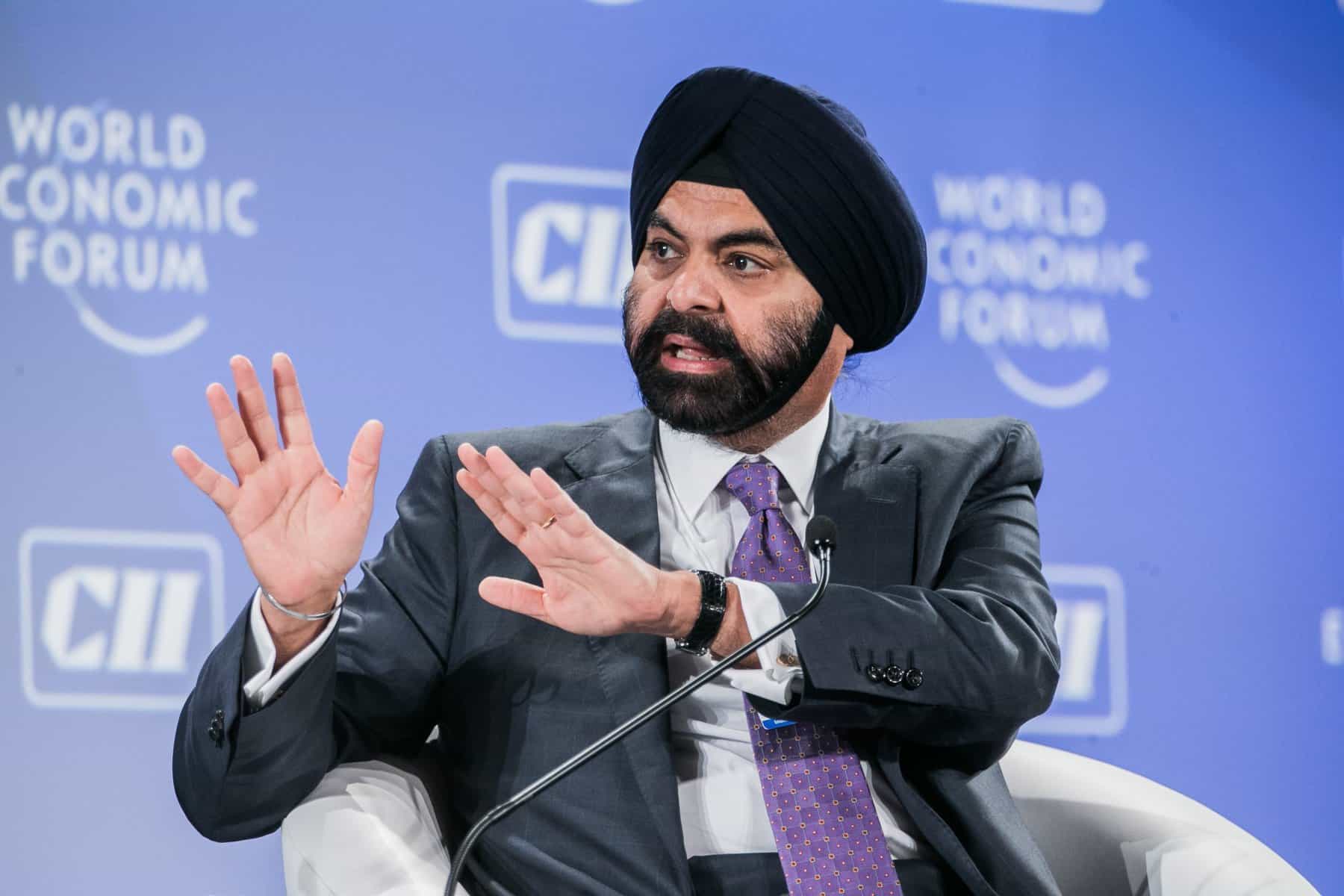The World Bank will start offering a pause in loan repayments to the “most vulnerable” countries when they are hit by catastrophic events including climate-related disasters.
The bank’s new chief Ajay Banga unveiled the measure at a global leaders’ summit in Paris as part of a raft of tools to help nations dealing with a crisis.
He said this will allow countries to “focus on what matters to their leaders when a crisis hits and stop worrying about the bill that’s going to come”.
Many countries at the forefront of the climate crisis already have some of the highest levels of debt distress, meaning they are unable to meet financial obligations.
Last week’s announcement marks an important victory for Barbados prime minister Mia Mottley and her Bridgetown agenda, as her campaign to reform global finance for the climate era is known.
Speaking at the gathering she helped convene with French President Emmanuel Macron, Mottley hailed recent progress. “Nine months ago, no one was speaking about natural disaster clauses,” she said. “Now, we have people wanting to recognise the wisdom of it because countries do need to pause debt payments if they’re going to house and feed people who are victims of a climate crisis”.
In a statement, the World Bank said it would initially trial the clause with its most vulnerable borrowers, hoping to expand it to all clients in the future. It also announced other measures including options for countries to redirect a portion of their funds for emergency response and the provision of new types of insurance.
About three-quarters of developing countries’ debt is to the private sector. About a quarter is to multilateral development banks like the World Bank and less than a fifth is owed to governments, mainly China and the big developed nations.
Dileimy Orozco, senior policy advisor at E3G, told Climate Home News that debt suspension “is not the holy grail, but it is a step forward as it will give countries some breathing space in case of disaster”.
Seperately, the United Kingdom plans to offer similar debt relief measures to certain borrowers. Its export credit agency is in discussion with twelve countries in Africa and the Caribbean to allow them to defer debt repayments if they are hit by climate catastrophe, the government said today.
France’s finance minister Bruno Le Maire, who was moderating the panel Banga made the announcement on, said it was a “very interesting proposal”.
Most countries facing a high risk of climate disasters are already “drowning in debt”, according to an analysis by the campaigning group ActionAid. Debt distress is affecting, for example, Mozambique and Malawi, where the passage of Cyclone Freddy killed thousands of people and caused US$1.5 billion in damages earlier this year.
Without relief measures, natural disasters can easily push vulnerable countries into a costly debt spiral, the report said, as they have to keep paying back their existing loans while taking on even more debt by borrowing the money needed to respond to the crisis.
Debt piles can rise quickly. Covering the costs of catastrophe is expensive for countries who have to pay more to borrow money because of the perceived risk of lending to them. The average cost of borrowing for a group of 58 climate-vulnerable nations is 11 percent, according to a study by the Boston University Global Development Center. This is much higher than borrowing costs for developed countries.
Pakistan has been particularly vocal about the risks of a climate “debt trap”. The South Asian country was pushed to the brink of default last year. While flooding affected nearly a third of its territory last year, it owed billions of dollars in debt repayments.
Its former climate minister Malik Amin told Climate Home the World Bank initiative “could help Pakistan in creating badly needed fiscal space when it’s needed the most to deal with the ever-increasing climate impacts it is facing such as super floods, glacial bursts and unliveable heat waves”
After last week’s announcement, the World Bank will now need to put the scheme into practice. This means establishing which countries could qualify and setting criteria for when a debt suspension would be triggered.
Mia Mottley’s Barbados could come again to the fore as a model of how to implement a natural disaster clause. The island nation was among the first to insert payment suspension measures when it restructured its existing debt in 2019. In the case of a catastrophe, the clause will allow Barbados to free up an estimated US$700 million, or almost 15 percent of its economy, in debt repayment for emergency response, rebuilding and recovery.
E3G’s Orozco says the clause will also send an important signal to credit agencies, which affect borrowing costs with their assessments. “It will tell the market that debt can be caused by these external shocks, not bad economic management,” she added.
Some vulnerable countries and campaigners would like to see the World Bank – and other major lenders – go further and offer debt cancellations in case of disasters. While these clauses can work well for climate disasters which happen suddenly, like the storms Barbados suffers from, Mottley said they may not be as suitable for disasters like droughts which happen at a slower pace. “We need to perfect it”, she said.
